The Song of Roland is an epic retelling of a supposed encounter between the Franks and the Muslim occupiers of Christian Spain.
Roncesvalles Pass, the border crossing through which Muslim invaders penetrated the Pyrenees from Spain into France in ad 732, was the scene of an even more famous encounter two generations later, an encounter that occasioned the first epic poem of the Middle Ages. That the poem was almost entirely false is beside the question.
La Chanson de Roland (The Song of Roland) was written by an anonymous French poet in the late 11th or early 12th century. Its 4,001 lines recount the tragic fate of Roland, a Frankish nobleman and nephew to Holy Roman Emperor Charlemagne, who dies heroically commanding the emperor’s rear guard at Roncesvalles. In the poem, Roland and his men are overwhelmed and slaughtered to the last man by a horde of 400,000 Saracens (the French word for Muslims). Repeatedly urged by his followers to blow his elephant-tusk horn and summon Charlemagne to their rescue, Roland refuses, stalwartly claiming that they can defeat the Saracens on their own. Only at the last moment does he blow the horn, to signal his noble kinsman to return and avenge them. Then he ascends to heaven as a Christian martyr.
Enormously popular at the time (Norman soldiers were said to have recited an early version of the poem while heading to England under William the Conqueror in 1066), The Song of Roland appealed to both French nationalists and their fellow European Christians, who could hiss the evil Muslims and exalt the superior virtues of their own religion. Along with various other factual errors, there was one glaring mistake in the poem: Roland and his men were killed, not by Muslims, but by other Christians.
In real life, Roland was not Charlemagne’s nephew, but a minor nobleman in charge of his baggage. (Nor, for that matter, was Charlemagne 200 years old, as the poem ridiculously claims, but a strong and vital 36.) The Frankish monarch had been induced to invade al-Andalus, the Muslim-controlled part of the Iberian Peninsula, by the prospect of a quick victory over the politically divided Muslims. Such a victory was not forthcoming, and Charlemagne withdrew to his own kingdom after a fruitless month-long siege of Zaragoza. Along the way, he sacked and burned the Basque city of Pamplona. The Basques, who had taken no part in the fighting between the Franks and the Muslims, were understandably outraged.
On the afternoon of August 15, 778, a relatively small force of Basque guerrillas waylaid Roland, who was bringing the emperor’s plunder-laden baggage train back to France. Raining down huge boulders onto the retreating Franks, the Basques finished them off with a well-placed rain of arrows. Roland and his entire force of 20,000 men, including 12 peers of the realm, were killed in the ambush.
When the anonymous author of The Song of Roland came to chronicle the battle 400 years later, he smoothly sought to lessen the embarrassing defeat by attributing it to overwhelming numbers of Muslims, not a comparative handful of lightly armed Basques. Nor did he place any blame on the unwary Roland himself. In the poem, Roland is betrayed by his duplicitous stepfather. And unlike history, in the poem a righteously angry Charlemagne immediately returns to Spain and drives the Saracens into the Ebro River. Then the angel Gabriel appears to the emperor in a dream, summoning him to prepare for yet another holy war against the infidels.
The timing of the poem has led historians to infer that it was written as a piece of propaganda to stir up popular support for the First Crusade. If so, it was neither the first nor the last piece of questionable intelligence used to justify an invasion of the Middle East—even if it was the most lyrical. “Weapons of mass destruction” doesn’t have quite the same ring.
Roy Morris Jr.
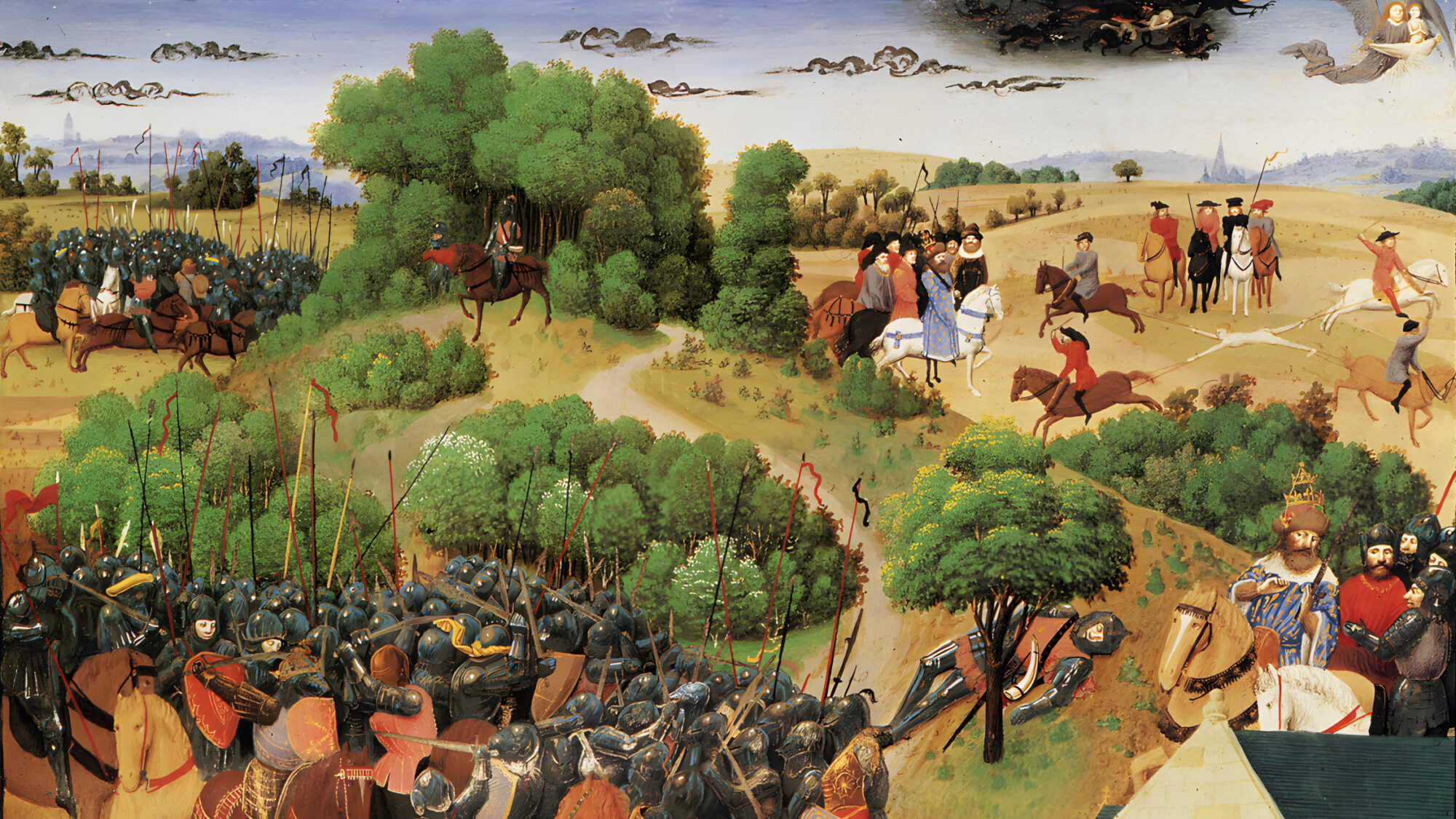
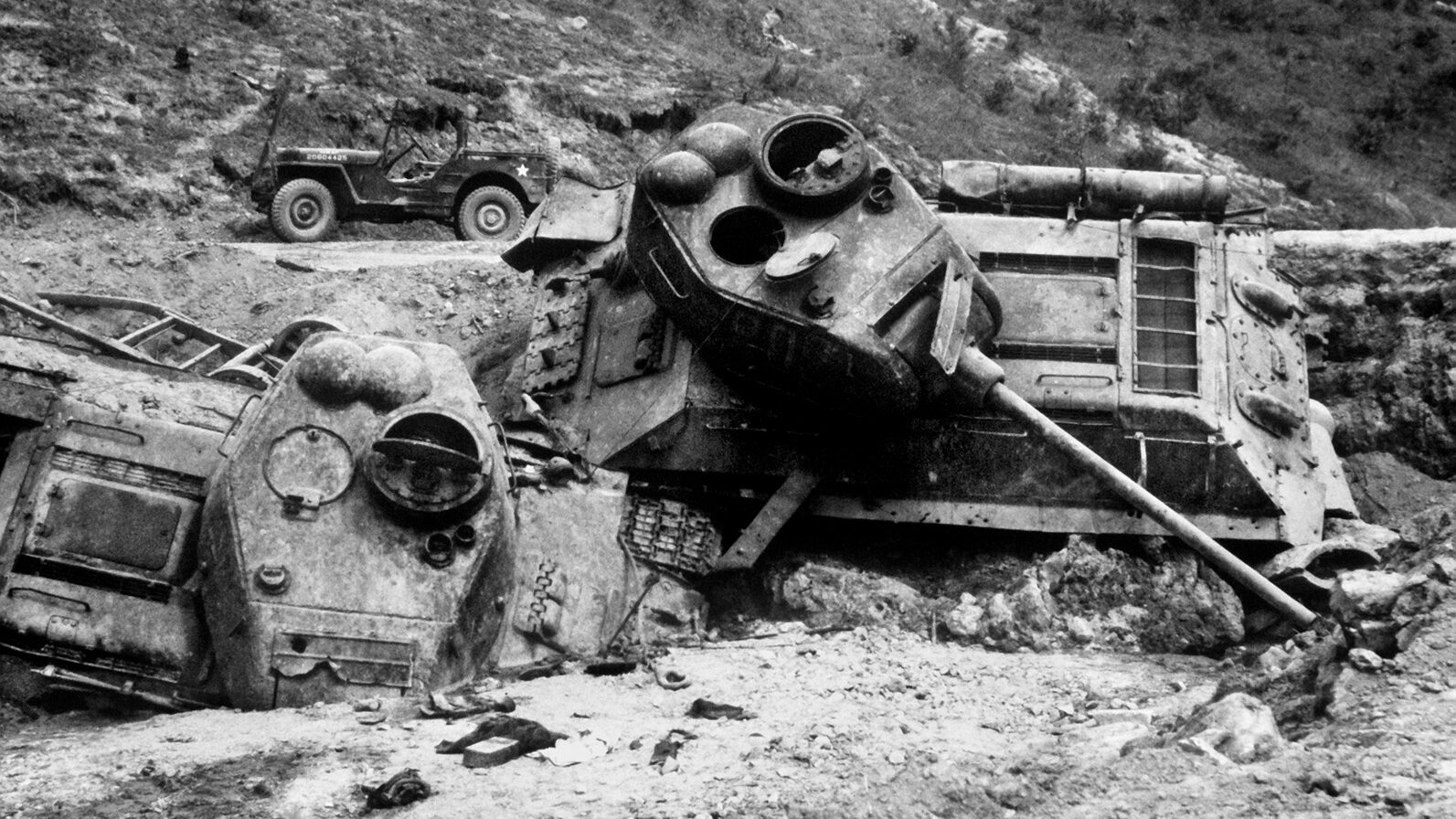
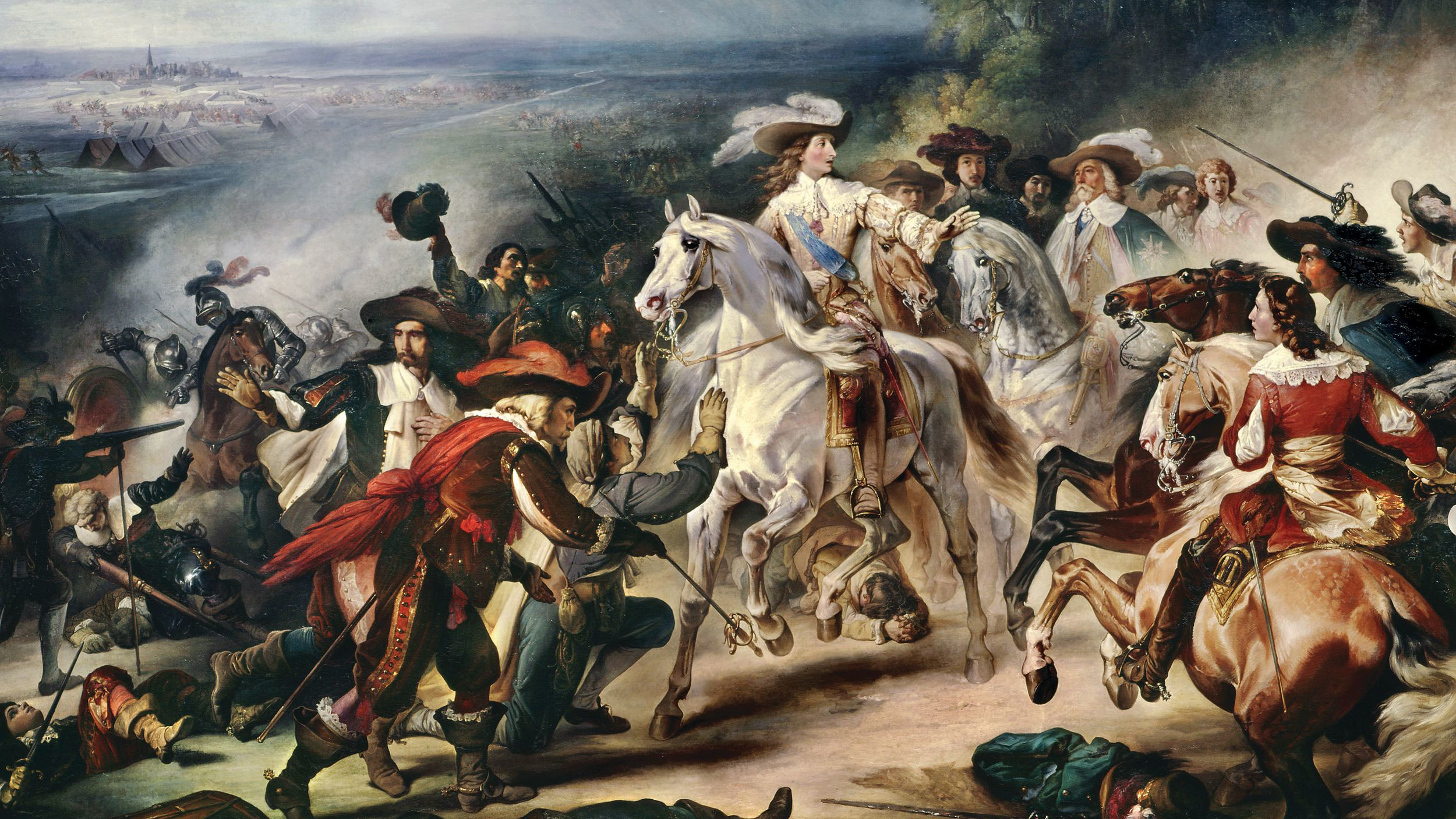
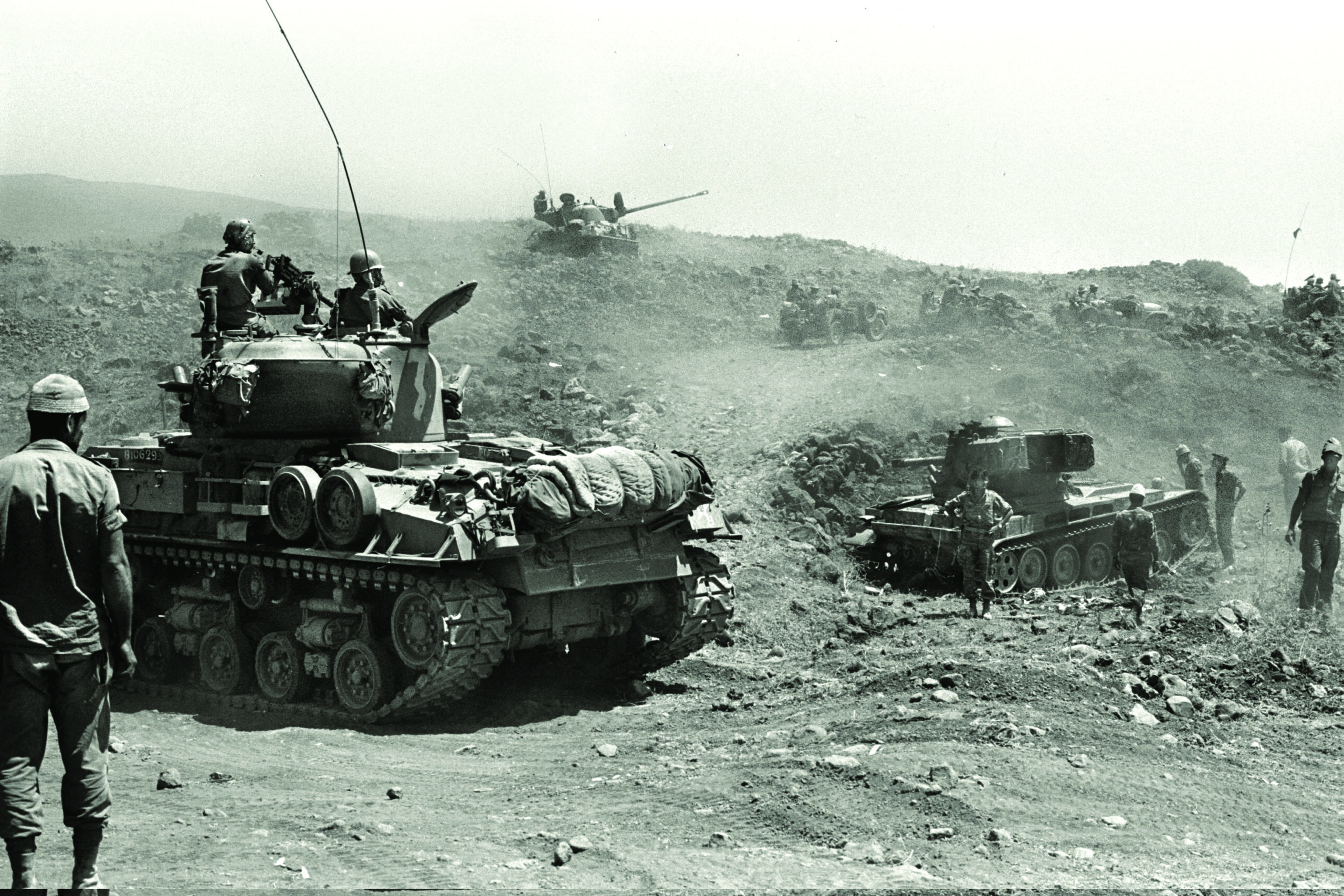
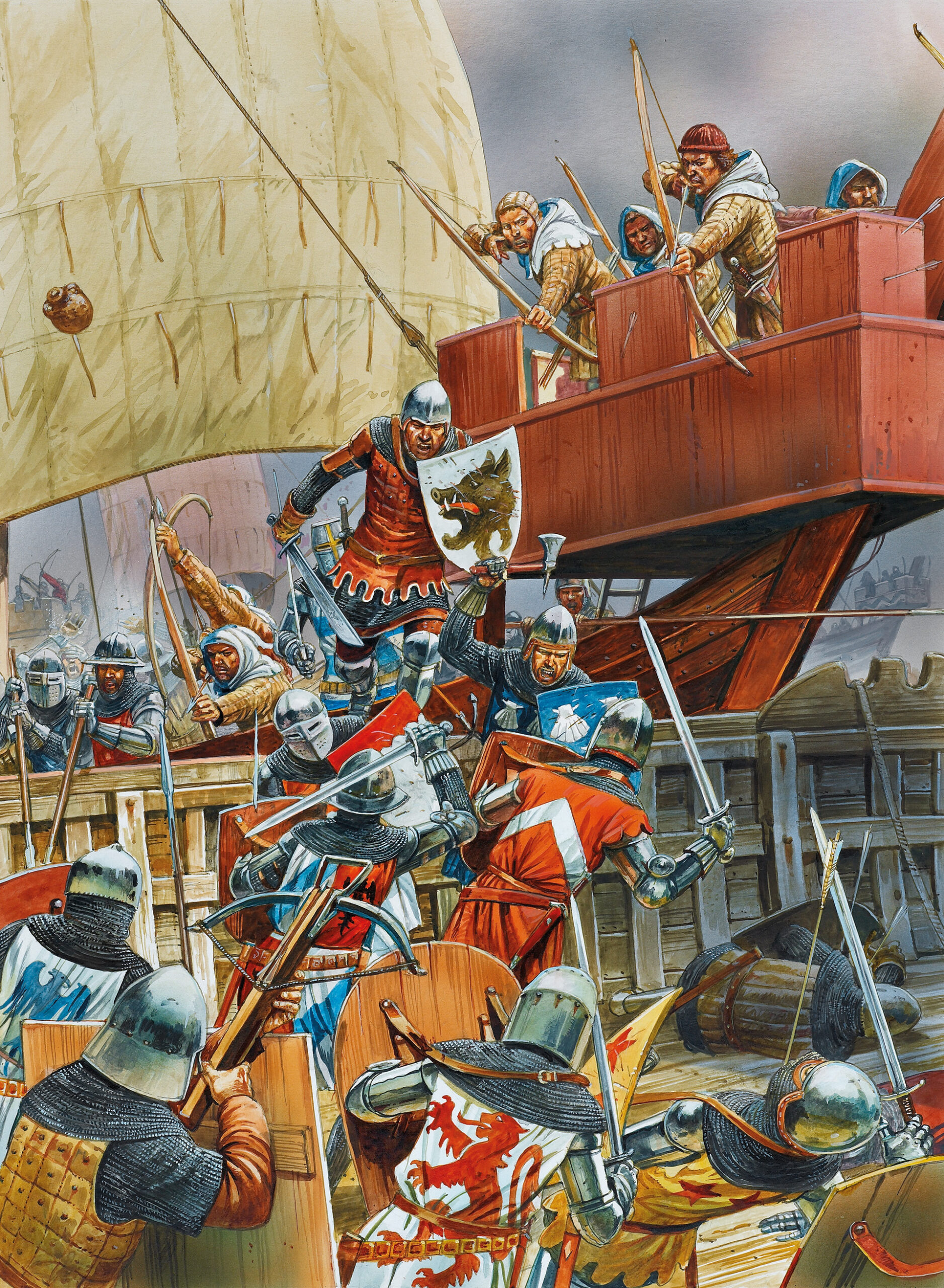

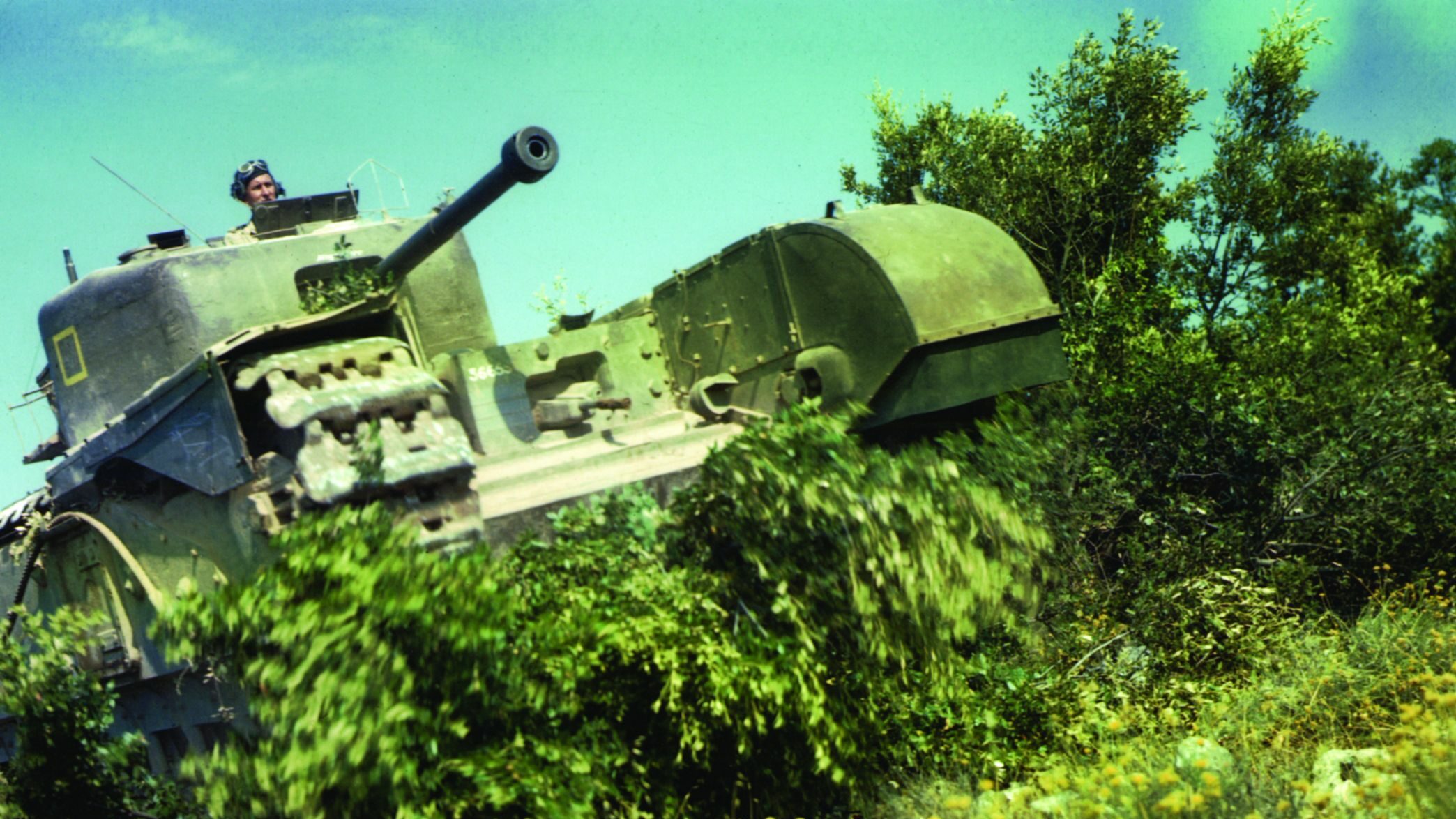
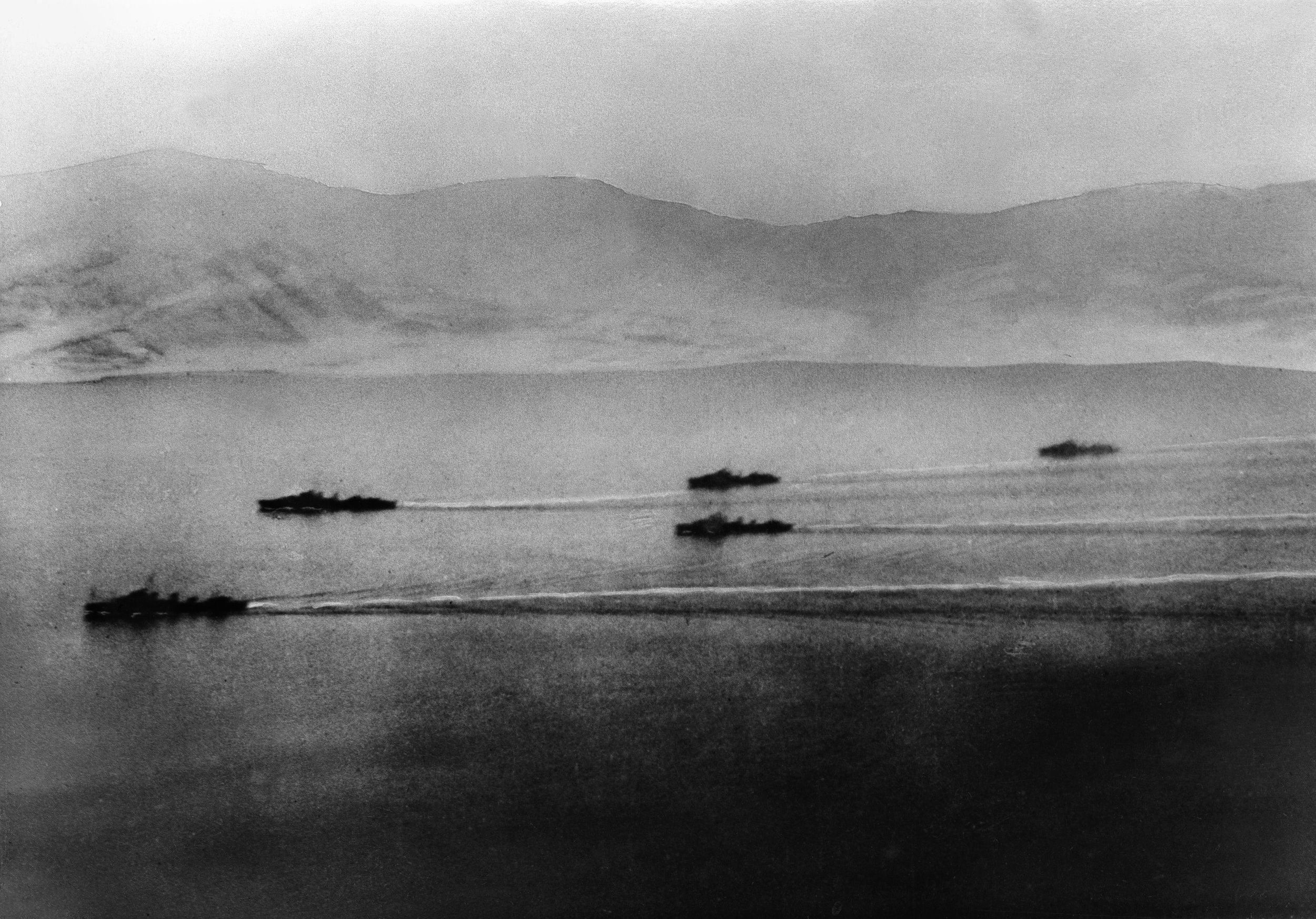
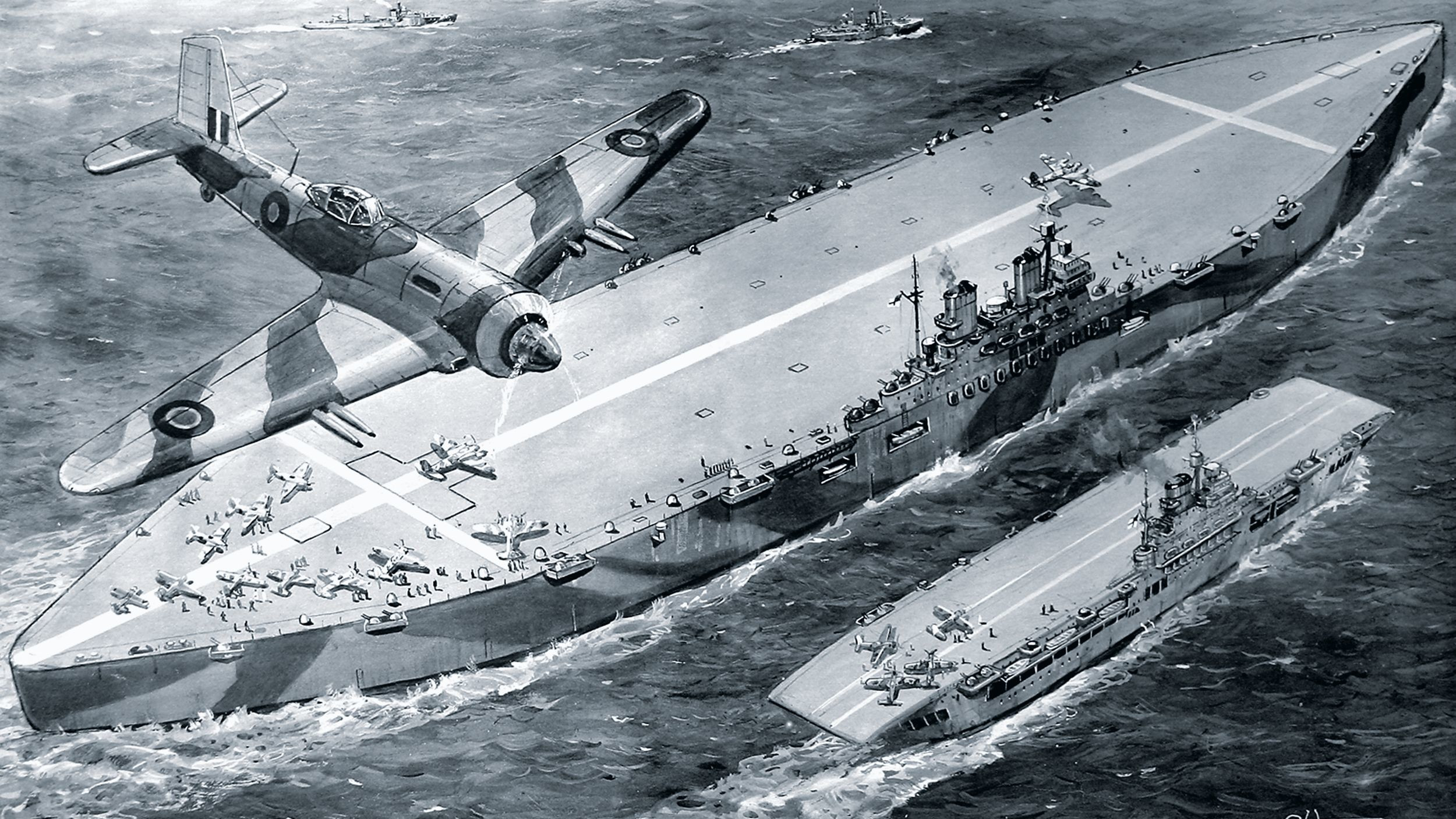
Join The Conversation
Comments
View All Comments